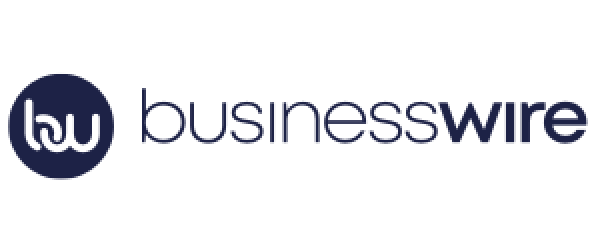Article content
Elite organizations have twice as much product-oriented work as low-performing companies
AUSTIN, Texas — Planview, the leading end-to-end platform for Strategic Portfolio Management (SPM) and Digital Product Development (DPD), today released new research revealing that elite organizations – defined as meeting their quarterly business objectives more than 90% percent of the time – have twice as much product-oriented work as low-performing organizations. Additionally, research found that the shift from project to product is accelerating, with more than half of respondents stating that 80% of their work will be in product teams in five years – but most organizations remain far from full adoption.
Article content
The new insights come from the Planview 2024 Project to Product State of the Industry Report, which explores how organizations are navigating the transition to a product operating model. The report leverages survey data and insights from 8,000 value streams and outlines the practices of elite companies and the challenges organizations face while making this transition. The report benchmarks the shift that Planview CTO Dr. Mik Kersten detailed in his 2018 book, Project to Product: How to Survive and Thrive in the Age of Digital Disruption with the Flow Framework.
Key Findings
- Elite organizations are 2x more likely (50%) to leverage a product operating model, including product-based funding, compared to only 25% in low-performing organizations
- Elite organizations are 3x more likely to operate the entire enterprise as a Value Steam Network1
- Elite organizations are 4x more likely to make work — deliverables and dependencies — visible to their teams and extended teams
- The lowest performing organizations have 3x more wasted development work than elite organizations, canceling the work before it is completed
- The vast majority of research participants have low product operating model maturity, with only 12% of companies having made the shift – and nearly all respondents (97%) see roadblocks in implementation
The findings in the report are consistent with recent McKinsey & Company research on the benefits of a product operating model. In the McKinsey report, analysts found that top companies in terms of product maturity and operating model maturity have 60% greater total returns to shareholders than bottom-half companies and 16% higher operating margins.
“It is concerning that one in six survey respondents didn’t know if they had met their quarterly business objectives,” said Dr. Mik Kersten, Chief Technology Officer at Planview. “Especially when we know that product-oriented practices can drastically improve performance. To remain competitive and productive, companies need to connect their strategy with how work is executed across the business by systematizing the shift to a product operating model.”
Roadblocks to a Product Operating Model
Most organizations either haven’t established or haven’t maintained the necessary systems and practices to perform at an elite level. Ninety-seven percent of respondents report facing at least one roadblock in their shift from project to product. While the biggest challenge is not having a shared, clear vision of a product operating model, several other barriers impede progress, performance, and implementation. Key roadblocks to this transition include:
Article content
- Insufficient inspection of metrics. 80% of respondents do not require teams to inspect flow metrics daily, which depict the movement of work from conception to production deployment and can help evaluate a development team’s efficiency;
- Cannot connect work to customer value. 65% of respondents cannot see their organization as a Value Stream Network, meaning they are unable to understand how their team’s work delivers value to the customer or how it connects with the broader organization; and
- No adequate system to operate at elite level. Only 10% of respondents said that they have a structured approach to managing dependencies across development teams and only 15% said they can incorporate customer feedback within weeks.
Product-Oriented Practices Ease Risk of Burnout
One key area to driving better business performance is examining the individual contributor level, and according to the research, feeling burned out is more common than not. Only 13% of respondents said they did not identify with any burnout symptoms. However, nearly 65% of those reporting no burnout came from higher-performing organizations, indicating that product-oriented ways of working may ease the risk of chronic symptoms of pressure turning into burnout. Employees at elite organizations are side-stepping burnout by reaping the benefits of less wasted work, visibility into bottlenecks, and clear expectations from leadership on what is important.
Most organizations remain far from full adoption of product-oriented operating model, but the need is clear. To achieve better business performance, organizations must make the shift to product-oriented practices. Download the full report today.
The Planview 2024 Project to Product State of the Industry Report is available a week before Planview’s inaugural Project to Product Summit, a two-day virtual conference on October 8-9, 2024. This year’s inaugural event aims to advance the practices and methods that enable organizations to thrive in the age of digital product delivery and focuses on key dimensions of a project to product shift. To learn more or to register, visit the webinar homepage.
| ____________________________________ |
|
1 Value Stream Network (VSN) refers to the network of interactions, handoffs, and dependencies between teams and individuals in an organization and maps material and information flows required to coordinate activities in development and delivery processes.
|

View source version on businesswire.com: https://www.businesswire.com/news/home/20241001778695/en/

Contacts
Rachel Austin
Director of Corporate Communications
rachel.austin@planview.com
Share this article in your social network


Comments